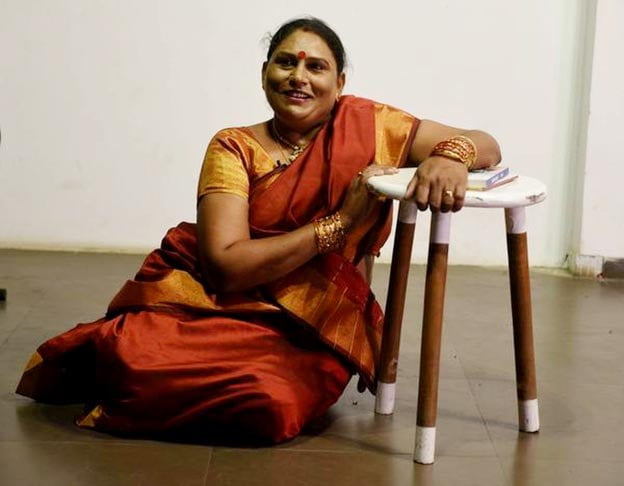The Truth about Me: A Hijra Life Story by A Revathi is a memoir that utilises various narrative techniques to convey the author’s journey as a transgender woman in India. These techniques help provide insight into her experiences, challenges, and the broader social context.
First-person Narrative
The memoir is narrated in the first person by Revathi herself. This perspective allows readers to intimately connect with her thoughts, emotions, and experiences, providing a personal and authentic account of her life. Revathi’s voice is solid and genuine; she does not shy away from sharing her most intimate thoughts and feelings.
“I was born a male child, but I always felt different from the other boys. I was drawn to feminine things, and I felt uncomfortable in my own body.”
Autobiographical Approach
Revathi’s narrative follows her life’s trajectory, from her early childhood to her struggles with identity, her initiation into the hijra community, and her experiences as an activist. This chronological approach allows readers to follow her transformation and growth over time.
Direct Address
Revathi occasionally speaks directly to the reader to reflect on her experiences and express her feelings. This technique breaks down the wall between the narrator and the reader, creating a more immersive reading experience.
Chronological Structure
Revathi recounts her experiences chronologically from childhood to adulthood. This linear narrative structure allows readers to trace the development of her identity and follow her journey of self-discovery.
Vivid Description
Revathi’s detailed description helps the reader visualise the situations she endured. Whether it’s the place she lived in or the violent discrimination she faced, the vividness helps readers understand her experiences on a deeper level.
Candid and Reflective Tone
Revathi adopts a candid and reflective tone throughout the book. She openly discusses her emotions, fears, and moments of self-discovery, offering readers an honest portrayal of her journey.
Dialogues and Conversations
The memoir includes dialogues and conversations between Revathi and various individuals, including her family members, hijra sisters, lovers, and activists. These dialogues bring additional voices and perspectives into the narrative, enriching the storytelling.
Anecdotes
Revathi’s narrative is filled with personal anecdotes, recounting incidents and conversations that have significantly impacted her journey. These anecdotes add depth to the book by showing how Revathi’s experiences shaped her identity.
Symbolism and Metaphor
Revathi occasionally uses symbolism and metaphor to convey her experiences and emotions. For example, she describes her transformation into a hijra as a “second birth” and uses the lotus flower to symbolise beauty and purity.

Emphasis on Community
Throughout the narrative, Revathi highlights the importance of the hijra community in her life. She discusses the bonds of sisterhood, mentorship, and mutual support within the hijra community, shedding light on a less-known aspect of their lives.
Cultural Context
Revathi provides readers with cultural context by explaining various customs, rituals, and traditions related to hijras in India. This contextualisation helps readers understand the social and cultural backdrop against which her story unfolds.
Advocacy and Activism
Revathi’s memoir is a personal story and a call to action. She discusses her activism for transgender rights and social acceptance, encouraging readers to reflect on the broader issues faced by transgender individuals in India.
Educational and Informative Elements
Revathi incorporates educational and informative elements, such as explanations of medical procedures, legal developments, and historical perspectives on hijras in India. These elements serve to educate readers about transgender issues in the Indian context.
Spirituality and Identity
Revathi explores themes of spirituality and identity, delving into her experiences of seeking acceptance within religious and cultural frameworks while embracing her identity as a hijra.
Revathi employs a mix of personal narrative, cultural context, and advocacy to share her life story as a transgender woman in India. Her memoir serves as both a personal account and a platform for raising awareness about the challenges faced by hijras and the broader transgender community in India. The book challenges the reader to think about gender and sexuality in new ways.